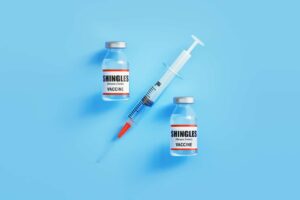Shingles in Older Adults May Cause Heart Disease and Stroke
Shingles, or the reactivation of the chickenpox virus, is commonly found in older adults. McKnights reports that a recent study links the prevalence of shingles to a 30 percent increased risk of major cardiovascular diseases including coronary heart disease, stroke and heart attack.
Researchers collected data from several larger studies of healthcare professionals including nurses for 16 years. They monitored the occurrence of shingles, coronary heart disease and stroke.
As per Sharon Curhan, MD, of Brigham and Women’s Hospital, individuals who were previously affected by shingles were considered to be at a higher risk for a major cardiovascular event when compared to those who had not been affected by it. Dr. Curhan and her colleagues also stated the increased risk could last for 12 years or longer.

The shingles vaccine was mostly unavailable when the study was conducted. Once it was in market, uptake was low. This prevented researchers from considering vaccination as a factor in the associated cardiovascular diseases risk. However, researchers do believe the vaccine provided necessary protection based on recent data.
Dr. Curhan stated, “Our findings suggest there are long-term implications of shingles and highlight the importance of public health efforts for prevention. Shingles vaccination could provide a valuable opportunity to reduce the burden of shingles and reduce the risk of subsequent cardiovascular complications.”
Most individuals over the age of 50 in the United States are at a risk of developing shingles due to earlier exposure to chickenpox. The virus remains dormant in the body and can reactivate later in life. Shingles causes a painful, sometimes debilitating rash which can last several months in some cases.
February is American Heart Month, which helps to help raise awareness and prevention of heart disease. Consult your physician about receiving the shingles vaccine to help prevent major cardiovascular events.
